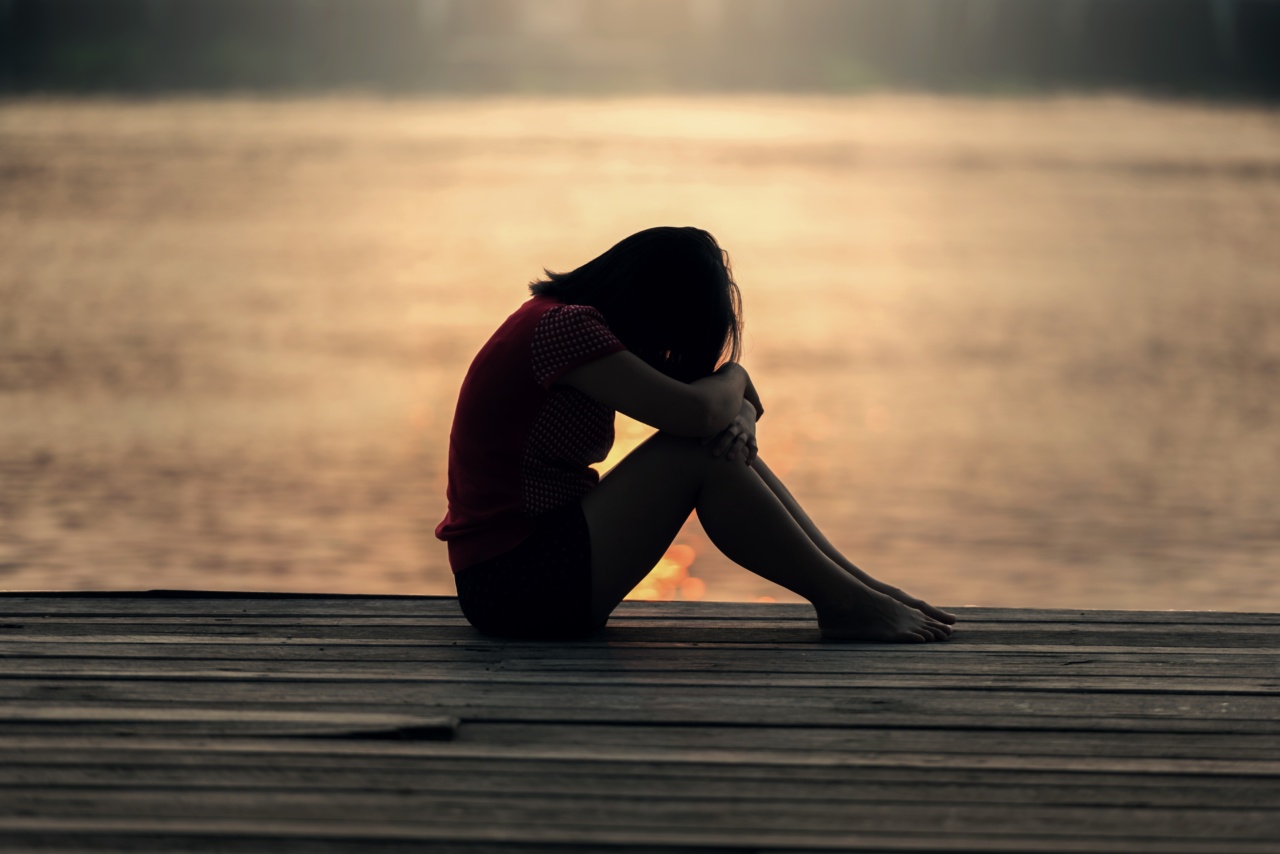Menopause, the cessation of menstrual periods, is a natural phenomenon in a woman’s life. While it brings along a host of physical changes, it can also have an impact on a woman’s mental health.
It is a common belief that menopause leads to depression in women. However, this is not always the case. This article will explore why older women need not equate menopause to depression.
The Physical Changes During Menopause
Menopause leads to a decrease in the production of estrogen and progesterone hormones in the female body. This can result in physical symptoms such as hot flashes, night sweats, vaginal dryness, and decreased libido.
These symptoms can be uncomfortable, and in some cases, impact the quality of life of women. However, these physical changes do not necessarily lead to depression.
The Psychological Impact of Menopause
Menopause is a significant life event, and it can have a psychological impact on women. It marks the end of the reproductive phase of a woman’s life, and this can lead to feelings of loss and grief.
Women may experience anxiety about aging and the changes that come with it. The psychological impact of menopause can be heightened by societal messages that suggest that aging women are less valuable than younger ones.
However, it is important to understand that these emotions are normal and do not necessarily lead to depression.
Understanding Depression
Depression is a common mental health disorder that can affect anyone, regardless of their age or gender. It is a serious condition that can impact a person’s quality of life.
Depression is characterized by persistent feelings of sadness, loss of interest in activities, and a lack of energy. It can also manifest in physical symptoms such as headaches, body aches, and digestive problems. While some women may experience depression during menopause, it is not a foregone conclusion.
The Link Between Menopause and Depression
While menopause does not necessarily cause depression, there is a link between the two. Studies have shown that women are more likely to experience depression during the perimenopausal and postmenopausal periods.
The reasons for this are not entirely clear, but it is thought to be related to a combination of hormonal changes, psychological factors, and life events such as the loss of a loved one or retirement.
The Importance of Self-Care
While menopausal symptoms and feelings of loss and anxiety are normal, it is important for women to take care of themselves during this time.
Self-care can involve engaging in activities that bring joy, practicing mindfulness, and seeking support from loved ones or a therapist. Exercise and a balanced diet can also help manage physical symptoms and improve overall wellbeing.
Alternative Treatments for Menopausal Symptoms
While hormone replacement therapy (HRT) is a common treatment for menopausal symptoms, it is not suitable for everyone.
Alternative treatments such as herbal remedies, acupuncture, and mindfulness-based stress reduction have shown promise in managing symptoms. However, it is important to speak with a healthcare provider before trying any alternative treatments.
The Benefits of Menopause
While menopause can be challenging, it also marks the beginning of a new phase of life. Women are no longer burdened by the discomfort of menstruation or the fear of an unintended pregnancy.
This newfound freedom can be liberating and allow women to focus on other aspects of their lives. Many women also report feeling more confident and self-assured after menopause.
The Role of Society in Shaping Perception of Menopause
Society often perpetuates the idea that menopause is a time of decline and loss. However, this is not an accurate representation of what women experience. Menopause is a natural and normal part of life, and it is time for society to embrace it as such.
Women should not be made to feel ashamed or less valuable because of their age.
Conclusion
Menopause does not have to equate to depression for older women. While it can be a challenging time, it can also be liberating and empowering.
It is important for women to take care of themselves during this time and seek help if they are experiencing symptoms of depression. Society also has a role to play in shaping perceptions of menopause and valuing women of all ages.






























